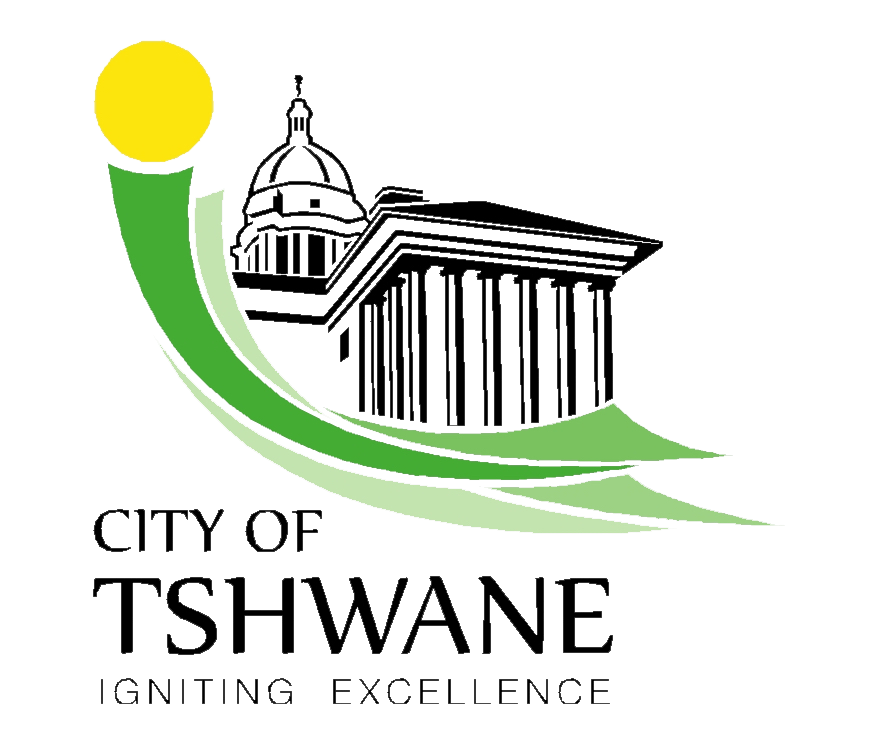The City of Tshwane is acutely aware of the environmental impact that buildings and non-renewable energy have on its ecological footprint. Therefore, the City has taken steps to capacitate building control officers, building plan examiners and inspectors from the Economic Development and Spatial Planning Department by means of the recently held SANS 10400 XA and Net Zero Carbon Buildings training workshop.
The City of Tshwane has long been at the forefront of climate action and has signed the international Net Zero Carbon Buildings Declaration and committed to a transition to net zero carbon by 2030 for new buildings and by 2050 for all buildings. This is a huge task that requires knowledge, skill and capacity in order to succeed.
The built environment is one of the most resource-intense industries across the world, consuming more than three billion tonnes of raw material annually and producing an enormous amount of waste.
The City of Tshwane is also the first metropolitan municipality in South Africa to have a Green Building Development and Net Zero Carbon Building By-law and Policy, with the intent of encouraging the uptake of green building principles and design measures.
Moving forward, building plans will be assessed in compliance with the newly reviewed SANS 10400 XA, the Green Building Development and Net Zero Carbon By-law and Policy, and trends related to green buildings.
For the built environment, actions such as having energy-efficient buildings, introducing renewable energy in buildings, following clean construction methods and building greener buildings are critical in ensuring the City’s contribution to climate mitigation and adaptation.
The training is part of the South African-German Energy (SAGEN) Programme, which is sponsored by the German Agency for International Cooperation (GIZ), German Ministry for Economic Development and Cooperation and the Swiss State Secretariat for Economic Affairs (SECO). The programme is locally supported by the South African Local Government Association (SALGA) and the South African National Energy Development Institute (SANEDI). Sustainable Energy Africa (SEA) is responsible for coordination, and Solid Green and GreenED for presenting the training.
